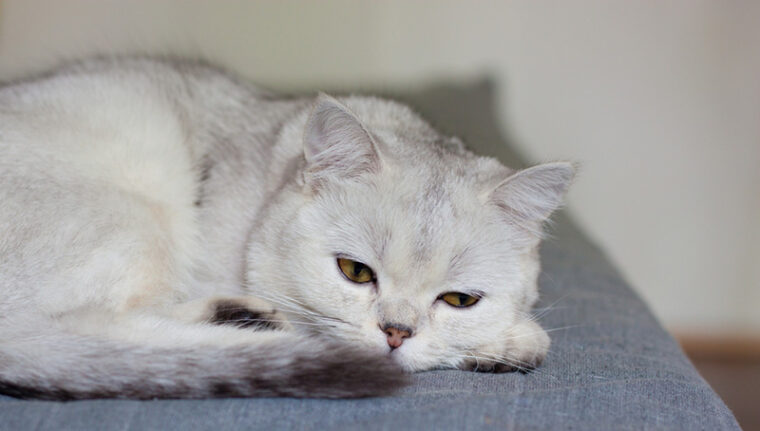
Many cat parents have experienced a moment of panic after realizing their cat just ate something they shouldn’t have! Regardless of how careful we try to be, the curiosity of our feline friends can get them into trouble.
In this article, we will discuss the top 10 most common toxin ingestions in cats, as reported by the Pet Poison Helpline1. Please note that the following information should not be considered a substitute for medical advice.
If you are concerned that your cat may have eaten something toxic, contact your veterinarian or the Pet Poison Helpline immediately2. Please note there is a fee for using this service.
The 10 Common Toxicoses That Affect Cats
1. Lilies
Lilies are popular additions to many floral arrangements, especially during certain holidays (e.g., Easter, Mother’s Day). Some types of lilies are more toxic than others, but the best way to protect your cat is to avoid bringing any lilies into your home.
Some of the most dangerous varieties include:
The exact toxin they contain is not yet known, but all parts of the plant are dangerous. Acute (sudden) kidney failure can result from the ingestion of even a small amount of the petals, leaves, pollen, or water from the vase.
Lily toxicity must be addressed quickly to prevent permanent kidney damage. Treatment usually involves a hospital stay for intravenous (IV) fluid therapy, supportive care, and close monitoring of kidney function.
2. Dog Flea/Tick Medications (Topical)
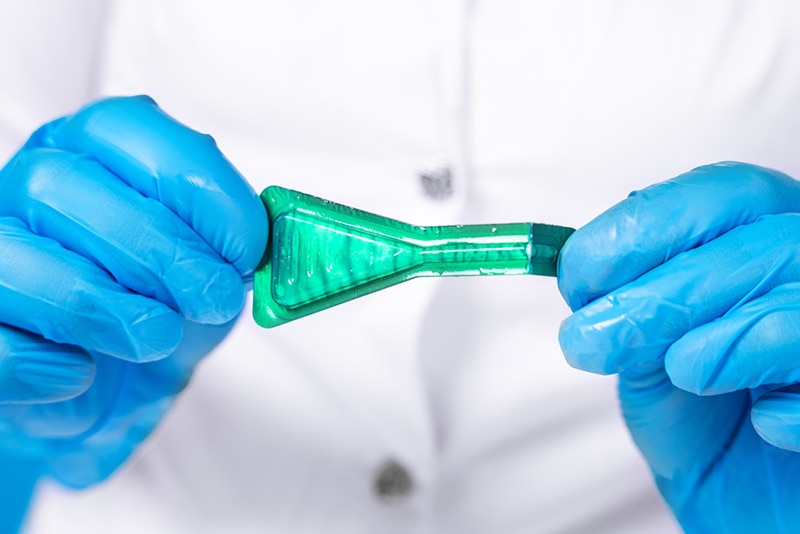
Spot-on flea and tick medications are generally very safe for dogs. Cats, however, are sensitive to some of the ingredients commonly used in dog products (such as pyrethrins).
Signs of toxicity can include:
Poisoning can occur if an owner mistakenly puts a dog product on their cat, or if a cat comes into contact with a dog shortly after flea/tick medication has been applied.
If you realize right away that this has happened, and your cat is not showing any signs of toxicity, it may be appropriate to bathe them to remove the product. However, if they are showing any of the above signs, please seek urgent veterinary attention.
3. Household Cleaning Products
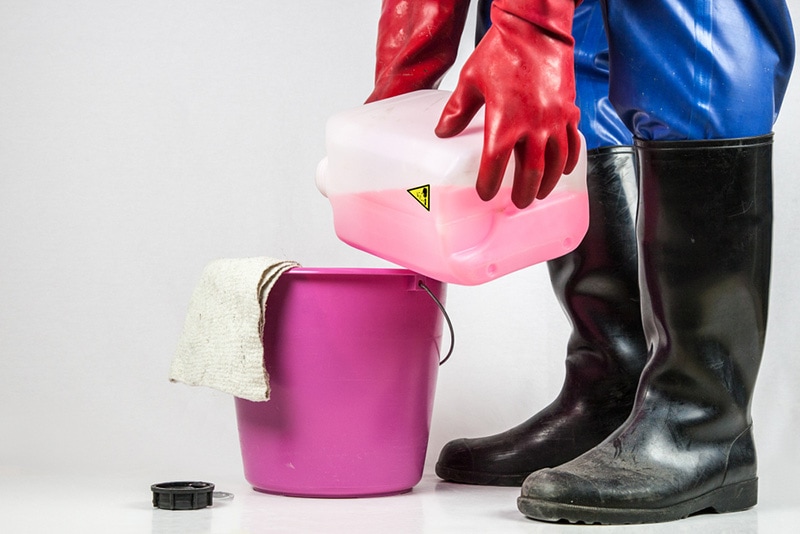
According to the Pet Poison Helpline, many ready-to-use household cleaners are dilute enough that they should not pose a major risk to cats, but some products can cause serious harm (the label should clearly indicate that they are ).
Examples include:
Cats may walk on an area that was just cleaned, which may lead to burns and potential infection. If they lick the product off their fur, they may develop ulcers in their mouth and gastrointestinal (GI) tract.
Always store corrosive products safely out of your cat’s reach, and make sure to keep cats away from areas you are cleaning until all residue has been wiped, rinsed, and fully dried.
4. Antidepressant Medications
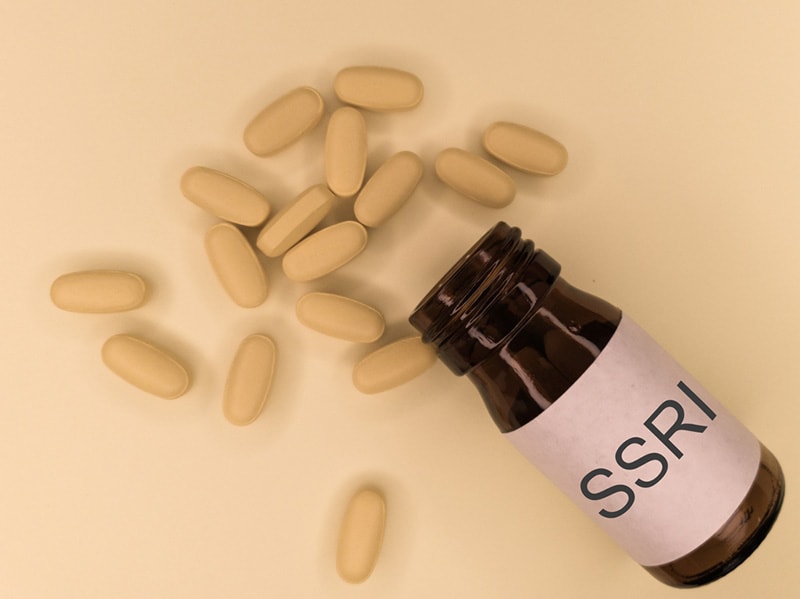
Considering how difficult it can be to get pills into a cat, it is surprising how often they voluntarily eat antidepressant medication! Selective serotonin re-uptake inhibitors (SSRIs) are common culprits, and a single pill can be enough to cause serious problems.
Signs of SSRI toxicity include:
Veterinary treatment may include medication to make your cat vomit, intravenous (IV) fluid therapy, and temperature regulation. Close monitoring of blood pressure, heart rate, and rhythm is also important, along with general supportive care.
If you suspect your cat may have ingested an antidepressant medication, please seek veterinary attention immediately.
5. Essential Oils

Essential oils are commonly used in natural health remedies, cleaning products, and aromatherapy diffusers. While they can offer a variety of benefits for people, many essential oils are potentially dangerous for cats.
Some examples include:
Cats are at risk for toxicity because they may:
Affected cats may drool and vomit, or suffer more serious consequences like difficulty breathing, neurologic signs, and liver failure. Treatment depends on the specific oil(s) involved.
If you share your home with a kitty, please be extremely careful when using essential oils (or consider avoiding them altogether). You can find more information here.
6. Anti-Inflammatory Medications
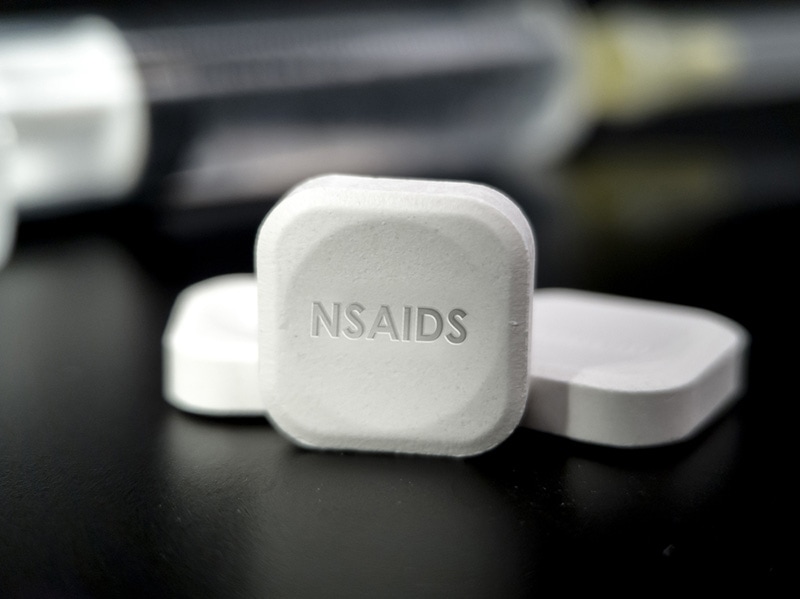
Non-steroid anti-inflammatory drugs (NSAIDs) are found in many home medicine cabinets because of their ability to relieve aches and pains like sore muscles, headaches, and arthritis. Common examples are ibuprofen and naproxen.
Veterinarians also prescribe NSAIDs, but often different types and at lower doses (especially for cats). Cat and dog formulations are often flavored to entice pets to take them, which may contribute to accidental overdoses.
NSAID toxicity can cause:
Prompt veterinary treatment is critical to give your cat the best chance of recovery.
7. Rodenticides (Mouse and Rat Poisons)
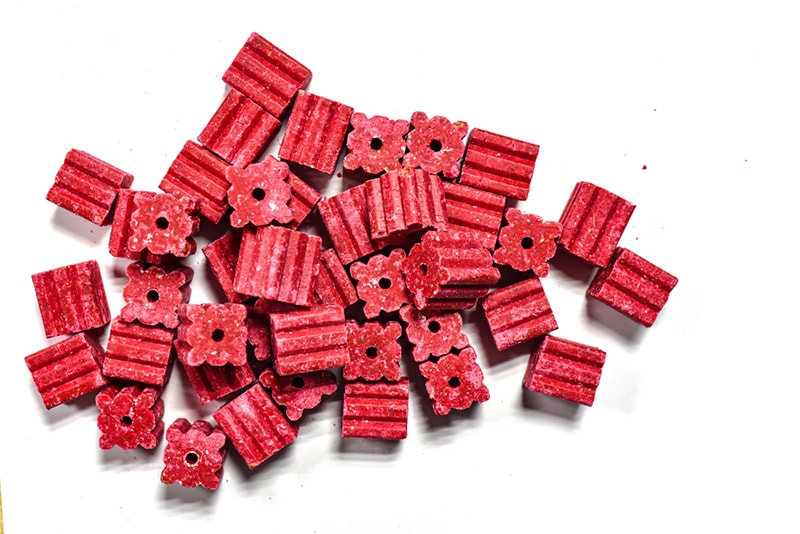
Mice and rats are unwelcome guests in houses, garages, barns, and trailers. They are destructive and can carry serious diseases, so it is understandable that people want to get rid of them! Unfortunately, cats are sometimes unintended victims of poisoning when they eat the bait or an animal that consumed it.
Rodenticides typically contain one of the following toxic substances:
*It is important to note that phosphine gas exhaled or vomited by an affected cat can be dangerous for nearby people (please see this link for further information).
Strychnine is no longer used in mouse and rat baits in the United States (it is limited to underground use, primarily for gophers). It causes involuntary muscle contractions until death results from exhaustion and oxygen starvation
The treatment of and prognosis for recovery from rodenticide poisoning depends on the exact toxin involved. The product label is incredibly helpful to the attending veterinarian if it can be found.
To keep cats safe when using rodenticide near your home, remember to store it safely out of reach, and only place it in bait stations that cats and other animals cannot access.
8. Stimulant Medications

Stimulant medications, such as methylphenidate, are commonly used in the treatment of attention deficit hyperactivity disorder (ADHD) in people. They are available in different forms including tablets (immediate or extended release), skin patches, and a variety of flavored products, which can unfortunately be attractive to cats.
Amphetamines also fall into this category, both legally prescribed (e.g., for ADHD, narcolepsy, weight loss) and illegal street drugs (e.g., methamphetamine, MDMA).
Signs of toxicity are related to the nervous system being over-stimulated and can include:
Depending on the amount of time that has passed and how the cat is doing, treatment may include giving medication to induce vomiting, followed by hospitalization to monitor and manage clinical signs until the effects of the drug wear off.
9. Onions and Garlic
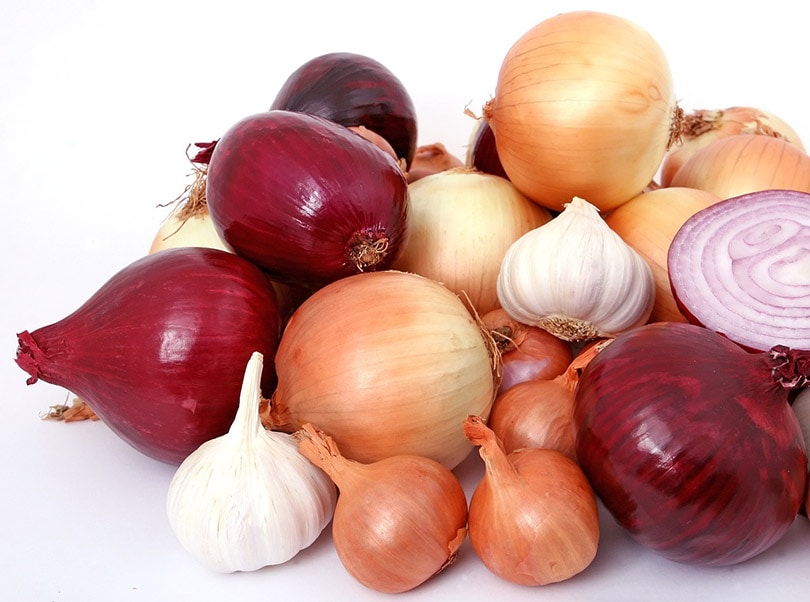
Onions, shallots, garlic, leeks, and chives are common cooking ingredients found in many kitchens. While some cats might enjoy a taste, serious toxicity can result if they ingest the raw, cooked, or powder forms.
When cats eat these plants, the organic sulfur compounds they contain are turned into molecules that damage red blood cells. This limits the blood’s ability to carry oxygen.
Clinical signs may not develop for a few days and are not very specific to this type of toxicity, so it can be challenging to recognize. The best-case scenario occurs when an owner sees their cat eating one of these foods and seeks veterinary treatment immediately.
Unfortunately, when this toxicity is not identified right away, treatment options are limited. Intensive care can be provided but is only supportive (i.e., there is no “antidote”).
10. Vitamin D
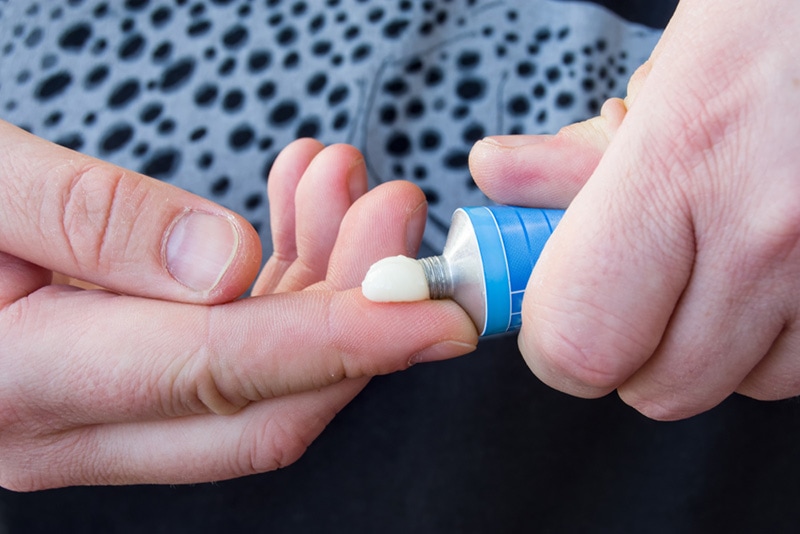
There are multiple sources of vitamin D that can lead to toxicity in cats:
At high doses, vitamin D causes dangerously high levels of calcium and phosphorus to be released into the bloodstream. This leads to the mineralization of body tissues, primarily in the gastrointestinal (GI) tract, heart, and kidneys. This process takes some time and, as a result, signs of toxicity do not appear right away.
How severely a cat is affected depends on the amount of vitamin D consumed, and how much time has passed since it was eaten. A wide range of outcomes is possible, from GI upset to acute kidney failure.
The treatment plan and prognosis are also influenced by the dose ingested and how quickly the poisoning is identified. More details can be found here.
Conclusion
No cat parent wants to be faced with the possibility of losing their beloved companion to poisoning. Accidents happen, but the best thing you can do is try to keep potential toxins away from your cat.
Here are some tips to help keep your feline friend(s) safe:
If you are concerned that your cat may have ingested something toxic, please seek help immediately from a veterinarian or the Pet Poison Helpline. In some cases, prompt treatment may mean the difference between life and death.
Featured Image Credit: stokerolga, Shutterstock








